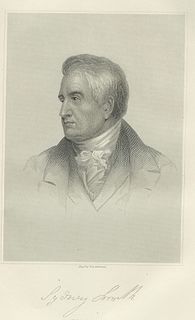A Quote by Patrick Kavanagh
Letting the facts speak for themselves is an immoral principle when we all know that facts and figures can be selected to prove anything.
Related Quotes
Facts are neutral until human beings add their own meaning to those facts. People make their decisions based on what the facts mean to them, not on the facts themselves. The meaning they add to facts depends on their current story … facts are not terribly useful to influencing others. People don’t need new facts—they need a new story.
[The scientist] believes passionately in facts, in measured facts. He believes there are no bad facts, that all facts are good facts, though they may be facts about bad things, and his intellectual satisfaction can come only from the acquisition of accurately known facts, from their organization into a body of knowledge, in which the inter-relationship of the measured facts is the dominant consideration.
Truths emerge from facts, but they dip forward into facts again and add to them; which facts again create or reveal new truth (the word is indifferent) and so on indefinitely. The 'facts' themselves meanwhile are not true. They simply are. Truth is the function of the beliefs that start and terminate among them.
I don't like realism. We already know the real facts about li[fe], most of the basic facts. I'm not interested in repeating what we already know. We know about sex, about violence, about murder, about war. All these things, by the time we're 18, we're up to here. From there on we need interpreters. We need poets. We need philosophers. We need theologians, who take the same basic facts and work with them and help us make do with those facts. Facts alone are not enough. It's interpretation.







































